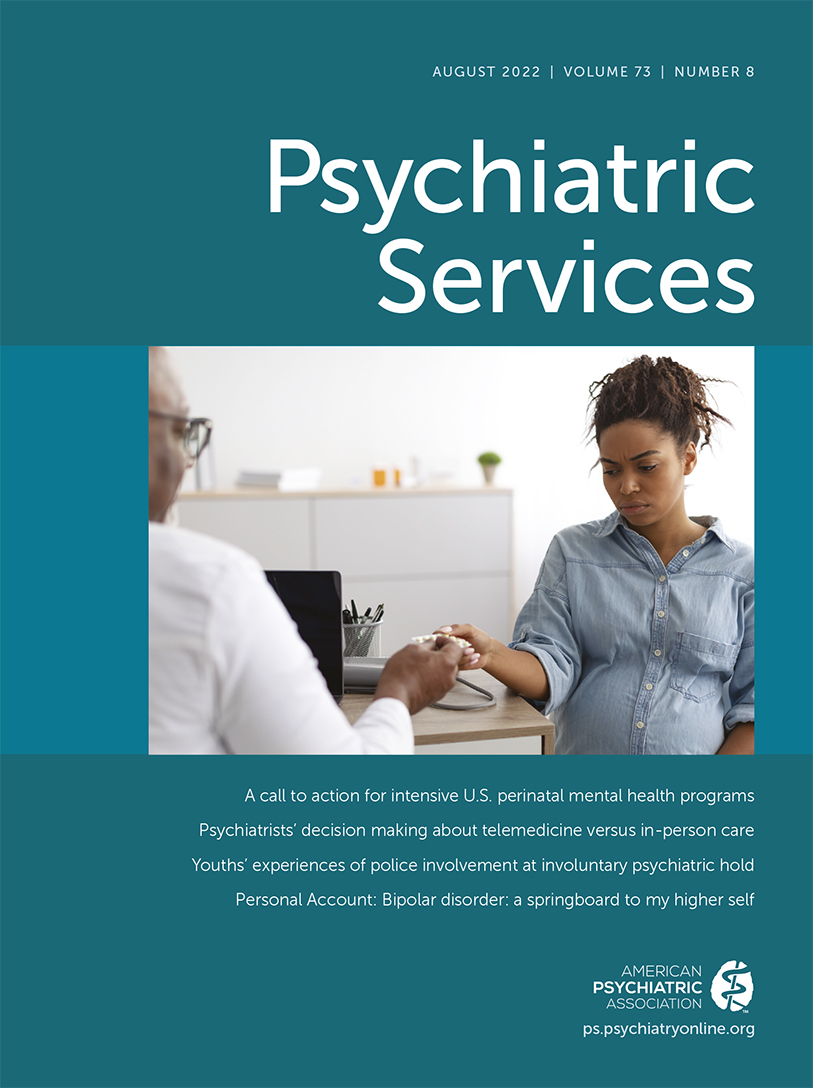A COVID-19 Rapid Mental Health Response for Medical Center Health Care Workers
Evidence suggests high levels of emotional and psychological distress among health care workers during pandemics and other disasters. This report describes a program that used principles of access and equity to address the psychological needs of a broad range of health care employees during the COVID-19 pandemic.
In March 2020, the University of California, San Francisco (UCSF), Department of Psychiatry and Behavioral Sciences (DPBS) partnered with Human Resources and the UCSF Center for Digital Health Innovation to design, develop, and implement the UCSF Coping and Resiliency Program (UCSF Cope). To provide timely access to emotional support and behavioral health care for all faculty, staff, and trainees, the program combined a population health approach with chatbot technology for triage, assessment, and treatment. Chatbot algorithms triaged employees by need into the following categories: emergency/urgent referral (suicide risk, risk to others, child endangerment), mild to moderate distress, new onset of moderate to severe symptoms, or possible exacerbation or relapse for those with preexisting behavioral health disorder. Algorithms directed respondents to an array of evidence-based services and materials, including referral to 911 or hotlines, telehealth in-person assessment and treatment, and DPBS-curated website with self-management tools and resources (documents, webinars, video shorts in English and Spanish, curated list of mental health apps, resources for managers). The screener defaulted to the “triage and assessment” option for users giving inconsistent or contradictory responses. (Algorithms and online materials are available on request.)
All employees, regardless of discipline, role, or job assignment, had unlimited access to the chatbot screener by texting “COPE” to a number, scanning a QR code, or using a weblink. Employees triaged for evaluation and treatment received a live callback to schedule appointments for video-telehealth assessment and treatment services (medication management, psychotherapy). Because employees voiced concerns about workplace confidentiality, UCSF Cope did not require entry of personally identifiable data to access the system.
We also delivered targeted interventions (e.g., live town halls, webinars, support groups) for frontline providers and others at high risk (e.g., hospitality and custodial staff). As pandemic conditions extended, coordinators incorporated additional materials for those most at risk (e.g., women, early-career clinicians, financially distressed, caregivers) and addressed stigma concerns associated with seeking mental health care.
The program started on April 20, 2020; the target population of all UCSF faculty, trainees, and staff (N=30,000) represented a diverse population in terms of roles, disciplines, gender, age, and race-ethnicity. Because of the urgency to address the UCSF workforce’s emotional well-being during the earliest phases of the pandemic, we implemented a robust cross-campus dissemination plan with outreach via Web announcements, systemwide town halls, and outreach to departments and divisions. Virtual presentations introduced the program, and the UCSF website displayed a banner giving contact information for the program.
As of July 1, 2021, 2,547 UCSF employees accepted the terms and conditions to proceed. Eighty-nine participants were referred to 911, 73 were referred to addiction resources, and 655 were referred for behavioral health triage and assessment. The program provided community referrals for employees preferring to receive care outside their workplace. Of the 85% (560 of 655) of employees who were interested in UCSF services, 66% (368 of 560) initiated UCSF DPBS treatment services and made 2,841 visits. For this nonurgent care, the average number of days from chatbot referral entry date to the first scheduled appointment was 10 calendar days.
As of October 1, 2021, the UCSF Cope website has had tremendous uptake of self-help materials with 487,034 unique website views, 41,651 unique webinar views, and 267,958 unique video views. Over 54 UCSF units also received targeted interventions, with town halls being particularly well received (average attendance, N=74; >80% of attendees reported the experience as helpful).
In summary, UCSF Cope promoted health equity by targeting the entire health care employee population, used a chatbot for triage, and provided a clear path to formal assessment and mental health treatment. In addition, this program implemented several key themes recommended in a recent review, including a conceptual framework surrounding clinician mental health, providing resilience/stress reduction training, peer support, and normalization of mental health support programs. Given the positive response and results, and current reports about increased burnout in health care workers, UCSF Cope is primed to be a model that can be replicated and scaled at other academic medical centers, as well as adapted for use in patient populations.



